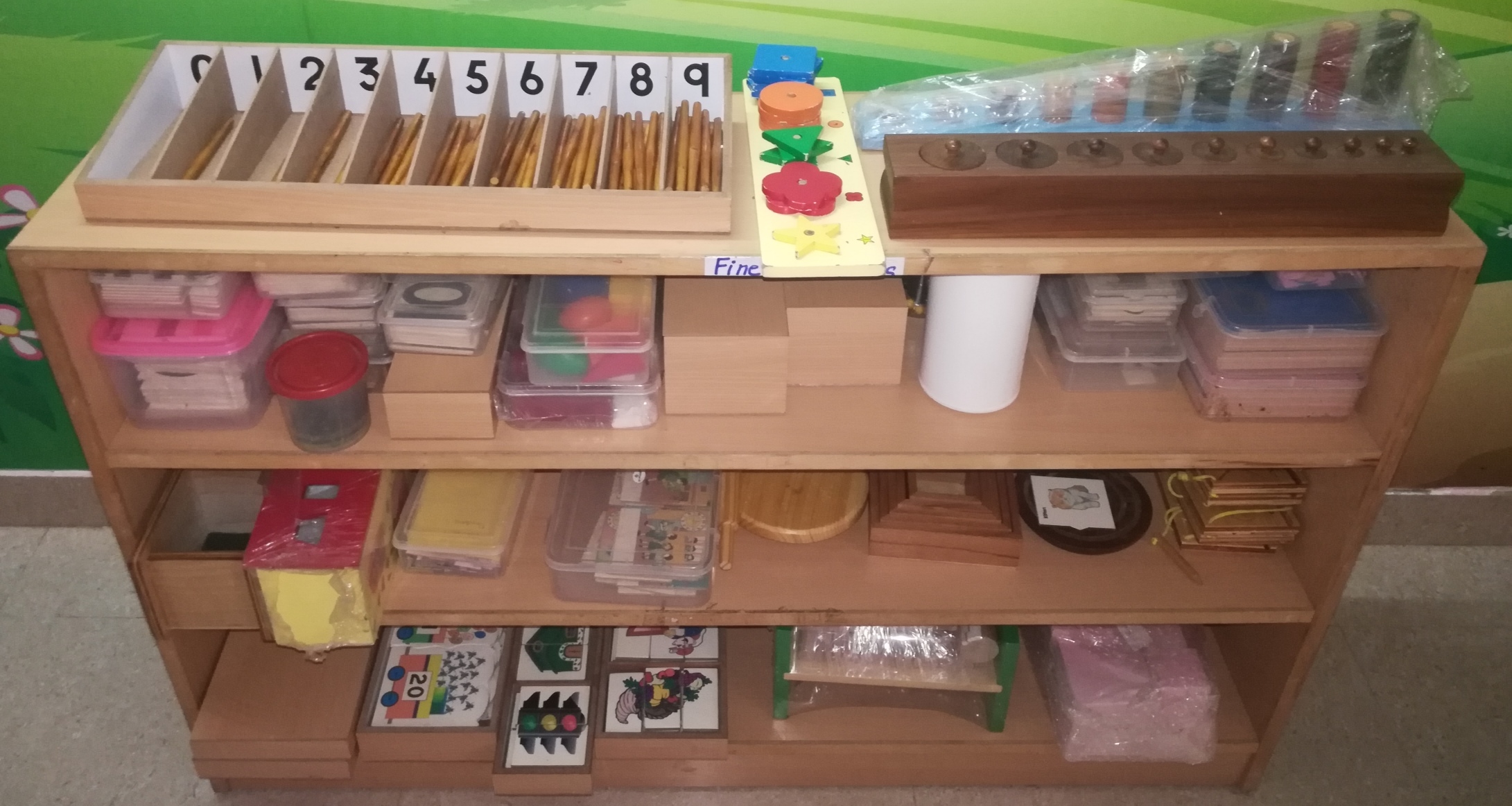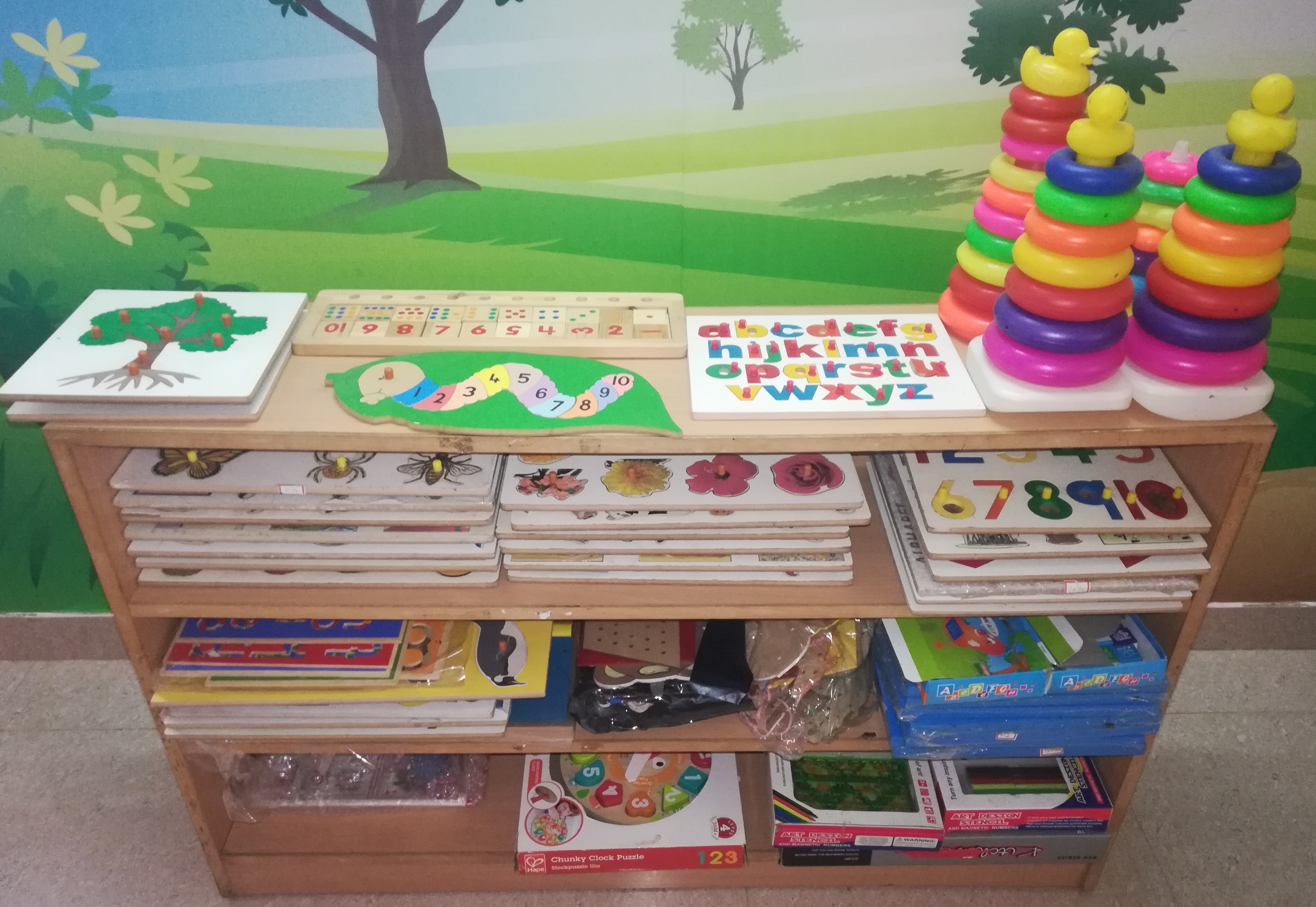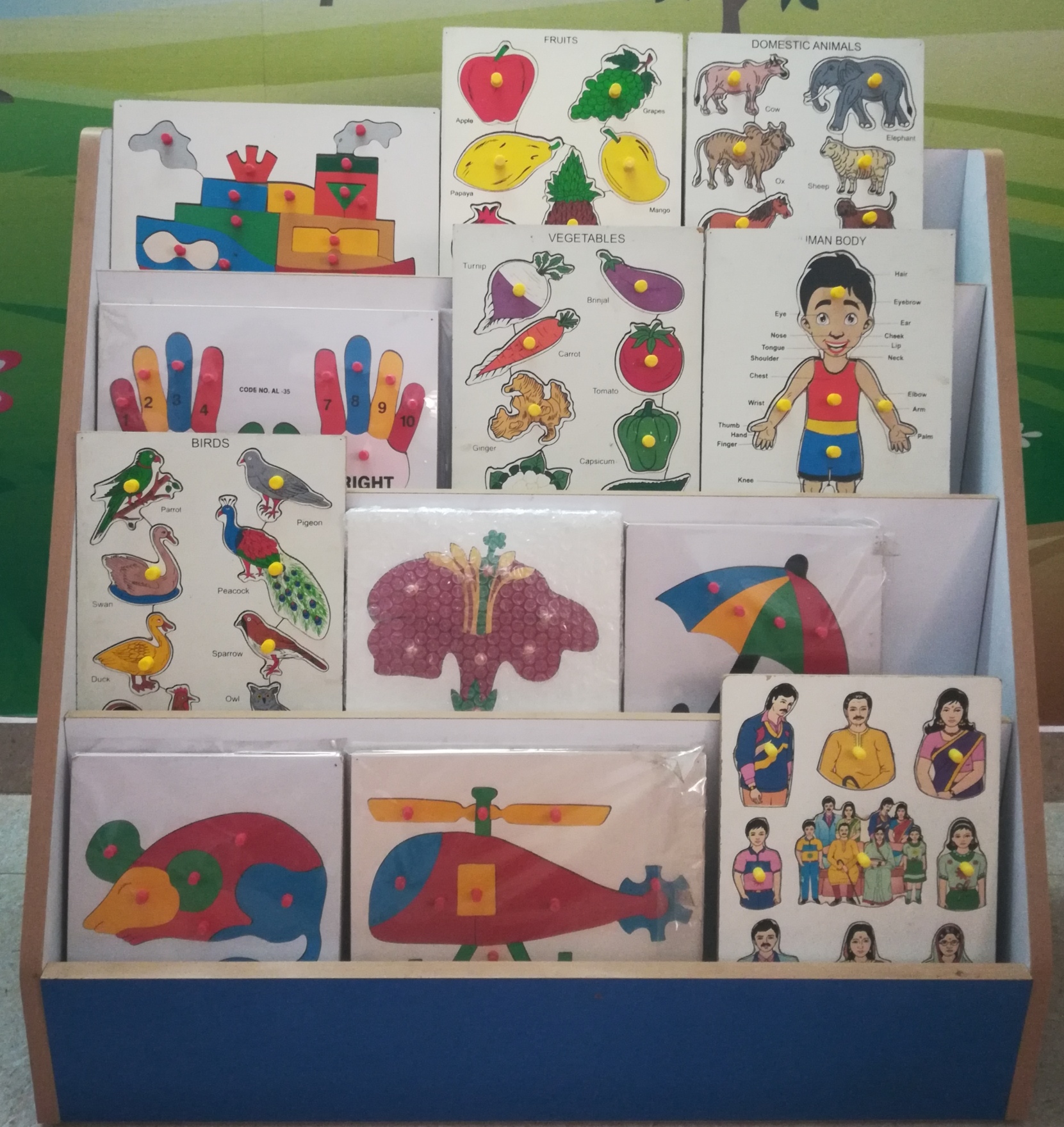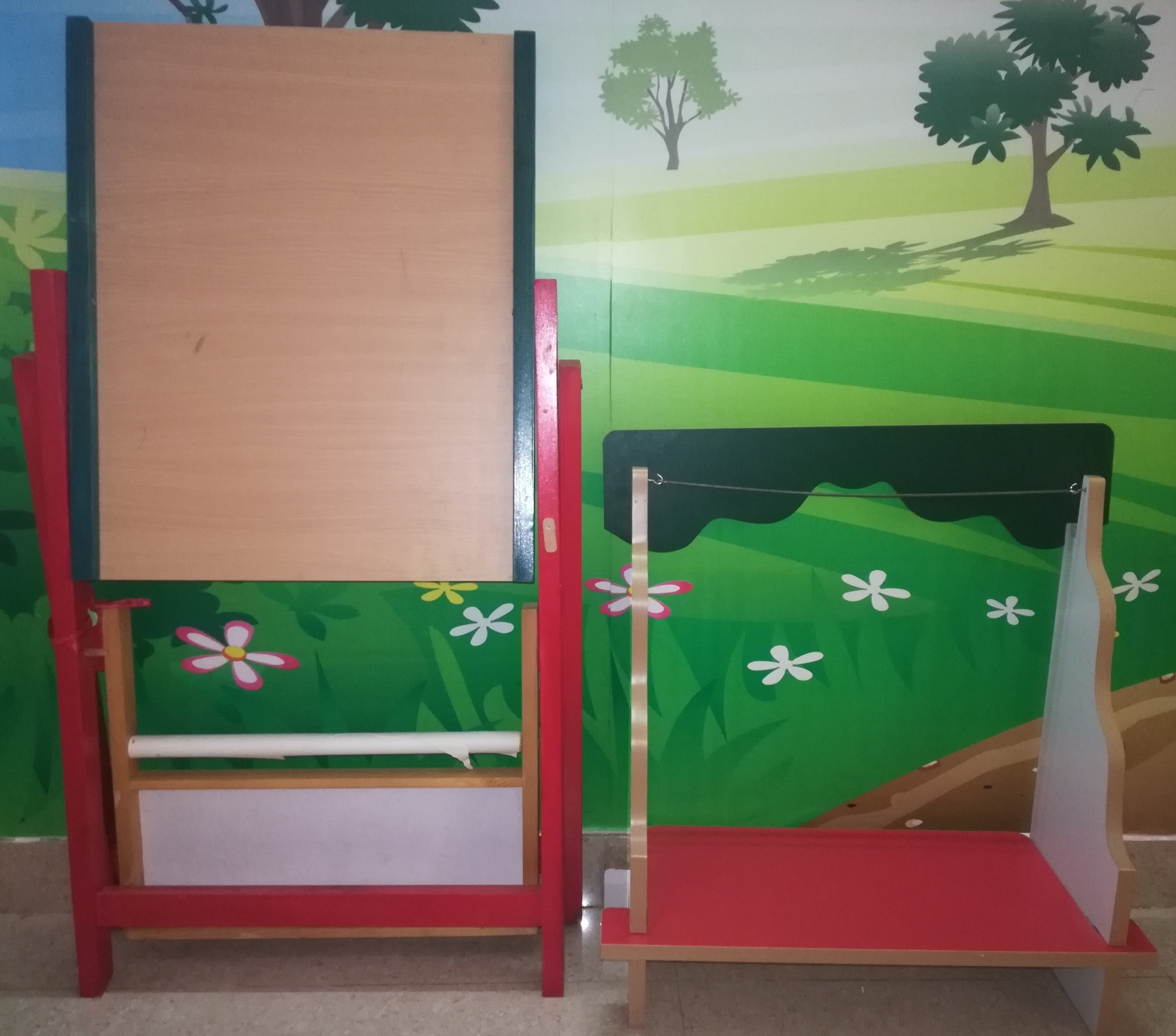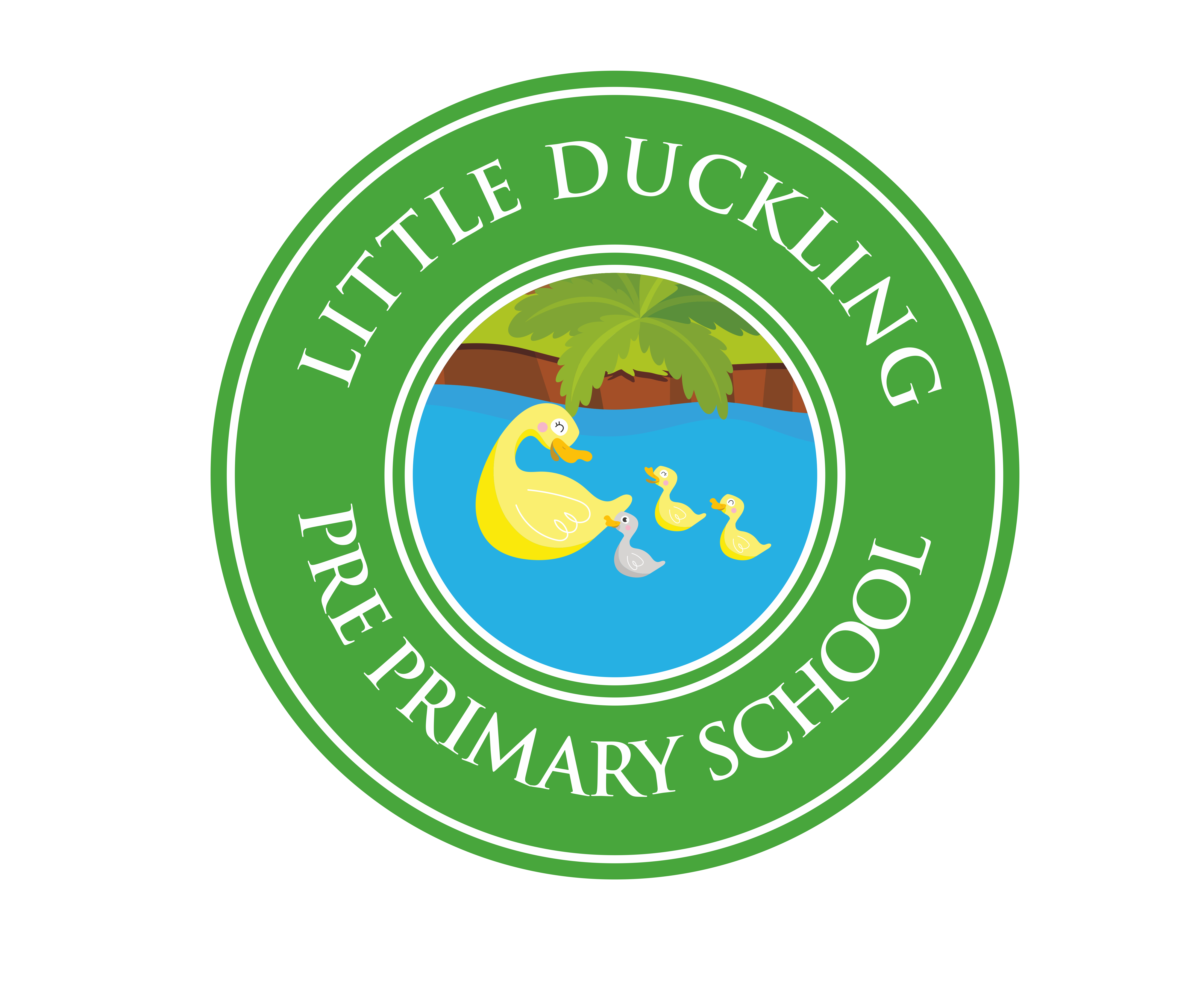Curriculum and Methodology Description Learning through experience and exploration
The first few years of learning have the greatest impact on a child’s lifelong development; therefore The Learning Curve approach is to introduce the child to new concepts and ideas in an engaging manner. A team of specialists guided by Mrs.Rajani and designed our curriculum, so that the child benefits from teaching methodologies that are world-class.
we have designed a 3-hour school schedule in which children have time for honing their natural ability with plenty of learning activities, physical activities, music and movement as well as time for meals or snacks. When children enjoy what they are doing, they learn faster and grasp concepts better. At the Learning Curve classrooms, the learning journey traverses play, activities and fun.
When children enter school, they regard learning as a pleasurable experience and so are naturally inclined and eager to learn. It is important that the program reinforce and build on this positive attitude by offering varied stimulating and enjoyable experiences.
The knowledge and skills that children acquire by the end of kindergarten and elementary school, along with positive attitudes towards learning developed in these early years, form the basis of effective learning in their later years of school and post-secondary education.
Teachers ensure that learning expectations are met
Competence in language, reading, mathematics, science and technology is developed systematically. Teachers integrate subject knowledge into a variety of active techniques suitable to the developmental stages of the children. Little Duckling schools have high learning expectations of children within a healthy, stimulating and supportive learning environment and creativity and learn to solve problems.
Children learn through direct sensory experience
Children are naturally curious about their world and are eager to learn about it. They need to manipulate, explore, and experiment with real objects. Play is the serious work of children.
Through it, they clarify information, integrate ideas from their previous experiences, and explore and experiment with their environment. Play also gives them the opportunity to add knowledge, learn new skills and practice familiar ones. They learn to deal with their feelings, interact with children and adults and resolve conflicts.
Finally, children develop their imaginations and creativity and learn to solve problems.
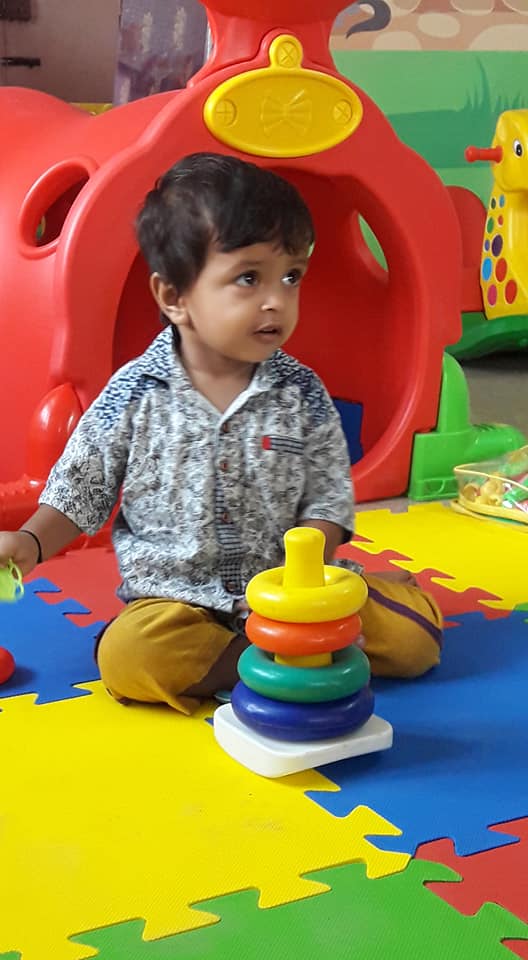
TODDLER
Toddlers have a much larger reach than infants as they learn to walk and hence you now need to provide them with more child friendly space, activities, materials and food to explore with their senses and whole body.
At Little Duckling, we understand that young children grow and learn the most when they receive undivided attention and the right stimulation. As parents, you can be assured that our inclusive, engaging and interactive learning environments are capable of adapting to your child’s specific learning and development requirements.
Age: 10 months to 20 months
Student Teacher Ratio : 1:5
Session Timings: 3 Hours
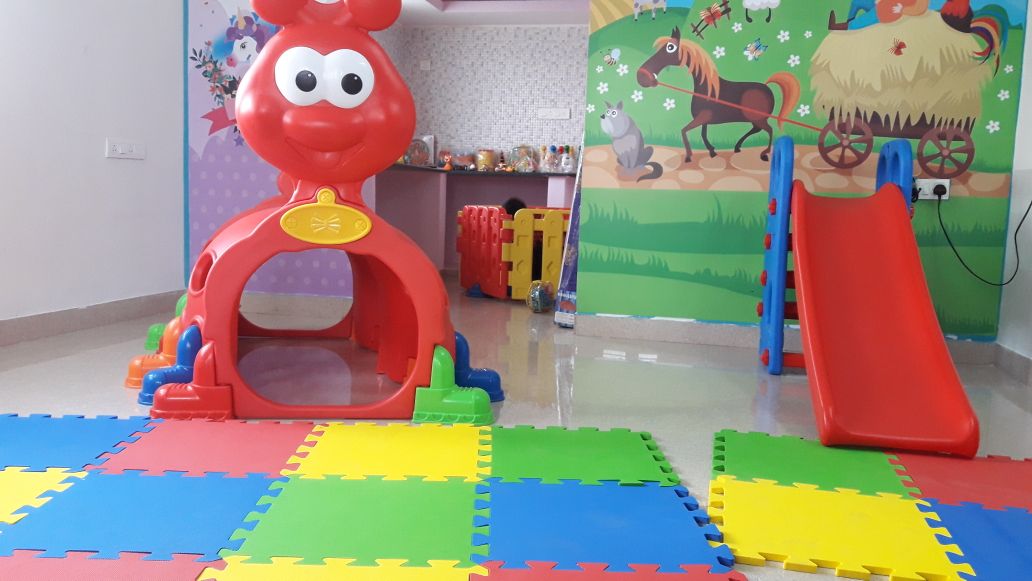
PLAY GROUP
Fine Motor Skills:It includes finger and hand movement need to be encouraged in order for them to progress. Little Duckling offer a wide variety of activities for your child to develop his/her motor skills.
Gross Motor Skills:We focus on the development of all gross motor skills such as walking, running and kicking. It connects with other physical activities.
Emotional skillsWe assist toddlers in exploring their emotions, joy etc., we help them to gain skills such as patience, sharing, etc., at an early stage.
Communication skills:Our teachers have a deep understanding how toddlers communicate. At Little Duckling, children are taught to put their wants and needs into words. This is done through singing, recitation of nursery rhymes, etc., so as to increase their vocabulary.
Cognitive skills: It helps to investigate their environment in order to develop skills such as thinking, learning and knowledge accumulation, trusting bonds between toddlers and their teachers. Small group sizes and a low adult – child ratio and teachers to develop a deeper understand to our children personality, likes, dislikes, and development needs.
Age: 1 Year 6 Months
Teacher Student Ratio: 1:10
Session Timings: 3 Hours
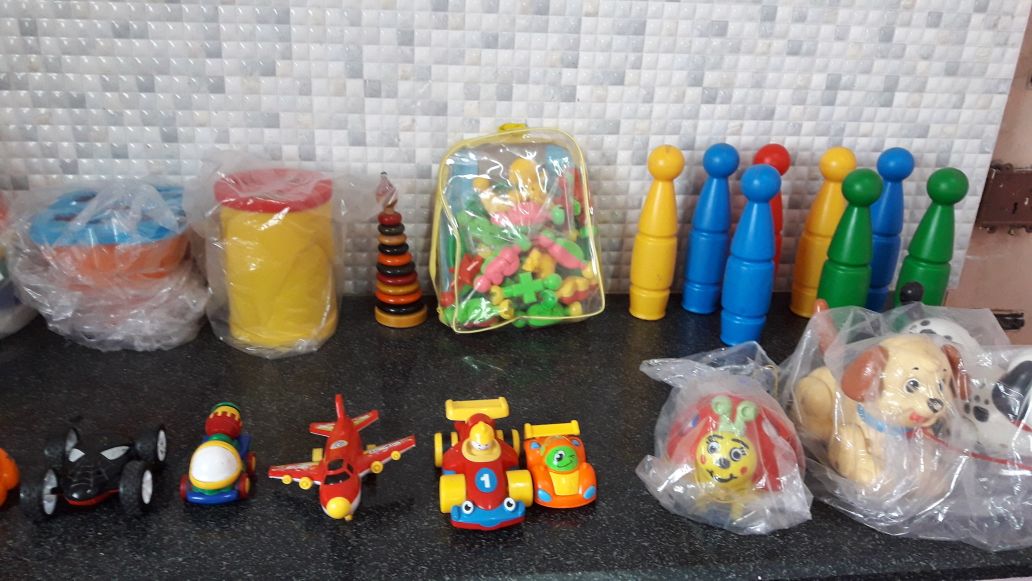
NURSERY
Nursery children interact more and more with their peers, they practice their Language and Social skills through make-believe games for which they have ample time. They learn to play table games such as puzzles, board games and are introduced to the concept of taking turns and sharing. As in Playgroup Language Development, Maths, Letter and phonics, Music and Movement and Physical Experience make an integral part of the curriculum for Nursery.
Our Little Duckling Nursery children explore surroundings and people around them. They acquaint themselves with teaching aids with different grips, learn about shapes and colours as well as letters and numbers, they learn about patterns and other creative designs. At this age, children are driven to learn and actively come to terms with the way the world operates. Kids Castle opens their eyes to a world of learning, sharing and exploring. Our teaching approach engages young minds with a blend of music, art, storytelling and movement. This approach uses an explosion of language that allows them to interact more verbally, giving us a clearer insight into their perceptions.
Age: 2 Year 6 Months
Teacher Student Ratio: 1:10
Session Timings: 3 Hours
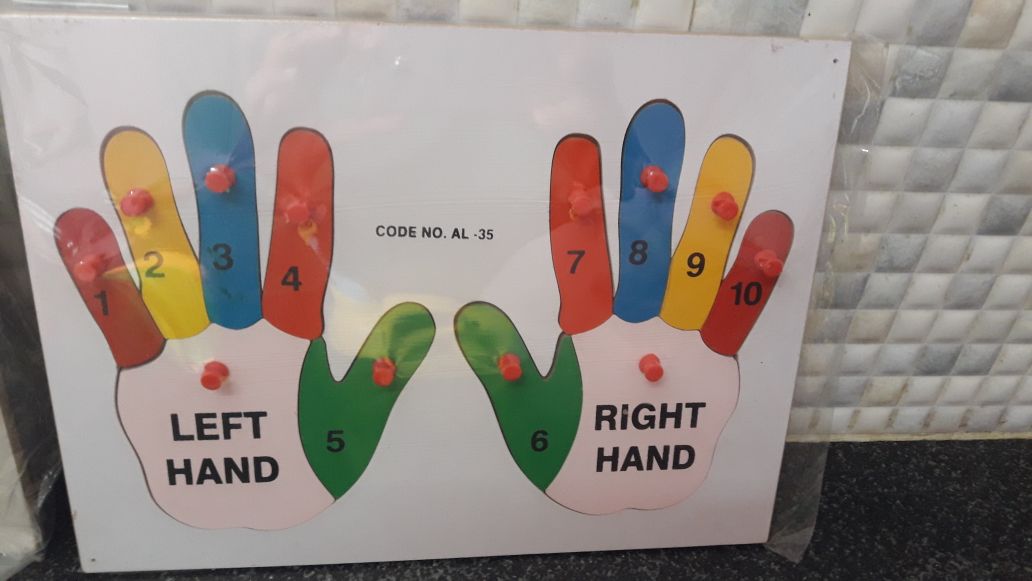
JUNIOR KG
At this age children prepare themselves for a formal school experience. The LKG Program at Kids Castle is designed to get them ready for school by teaching letters, words, math concepts and valuable social skills. Themes are designed in such a method that children learn as well as understand in detail the complex concepts of the outside world. For the LKG program we ensure that the child gains social, emotional, physical and intellectual skills. During the LKG the children gets introduced to formal schooling subjects like maths, science, English and writing.
What Your Child Will Learn At Little Duckling?
The children at this age have already developed their fine and gross muscle skills, thus we focus on developing the social, emotional, physical, and intellectual skills.
Age: 3 Year 6 Months to 4 year 6 months
Teacher Student Ratio: 1:10
Session Timings: 3 Hours
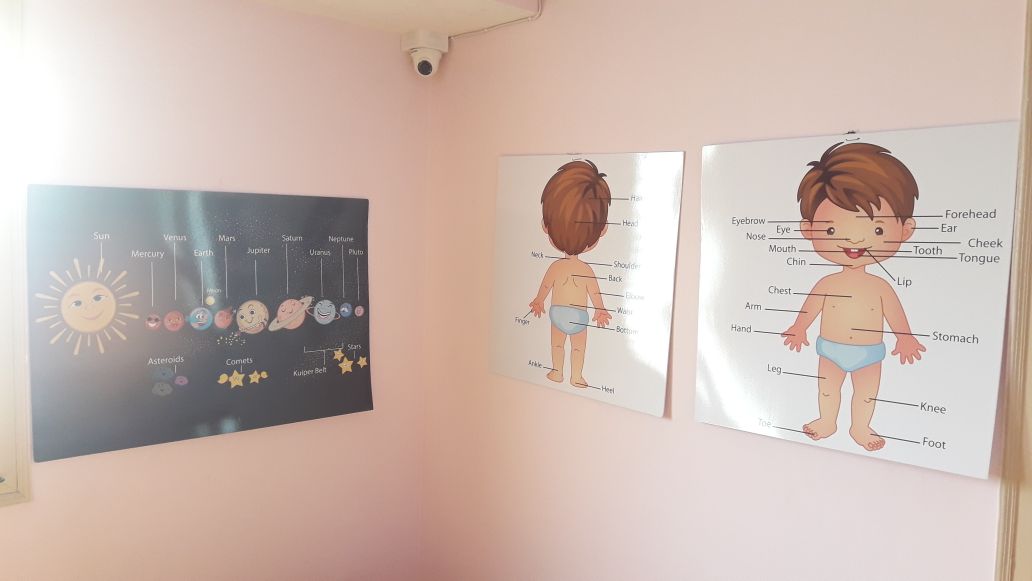
SENIOR KG
At this stage, children are just about ready for the school. The pre-primary program at little ducklings is designed to get them ready for school by teaching them little words, math, concepts and valuable social skills with special focus on math and science tasks, identification of shapes, teachers provide many hands-on opportunities for children to explore colors, animals, plants, etc. Children gain the right skills to hop, skip and jump right into school.
Children will communicate in effectively in English through listening and speaking. They will develop a good understanding of alphabetical symbols and will be able to read basic text in English. They will be proficient in using phonics strategies to approach new words and writing strategies appropriate to beginners.
Creative Activity:
Children will comprehend colours, shapes and use of media to express ideas. They will be capable of responding to music, art, Dance, etc.
Personal and Social awareness:
Children will learn to share, pay attention, respect others, etc.
Age: 4 Year 6 Months to 5 year 6 months
Teacher Student Ratio: 1:10
Session Timings: 3 Hours
After School Program :
Little Duckling After School program offers opportunities for the children to explore and learn new skills post their school hours. In our endeavour to ensure that children develop knowledge and skills, our after school program offers homework support and skillfully curated activities to enhance their language skills, writing as well as reading skills.
ACTIVITIES
Dance
Dance is a wonderful activity for kids, capable of fostering a positive self image in both girls and boys. Dance lessons can teach a child self confidence, self discipline, poise and grace. A child introduced to dance at an early age will likely develop a love of the arts and a passion for rhythm and movement. Most importantly, dancing is lots of fun!
We introduce children to the joy of dancing. Children develop many skills as they develop a natural love of dance like: coordination, balance, creativity, imagination, language and listening, rhythm, self-esteem and body awareness. Our energetic teachers share their passion and love of music and movement. Please contact our centre located near you to find out more details about the programs available.
Art and Craft
Children LOVE arts and craft! Children love to draw color paint and interpret the world in their own ways. It is not necessarily about the end product but the creative journey of the activity that they follow to create their own masterpiece. Our art activities capture childs interest and gently increases their focus and attention span.
An art class that is teacher built but child approved – Drawing, Colouring, Painting and Craft class for children that teaches in a simple structured way to ensure that the children blossom into little artisits.
Children will enjoy drawing painting coloring, cutting, crumpling, scrunching, threading, lacing sticking and pasting ,moulding, laughing, and of course making new friends!
Speech and Drama
This course aims to improve conversation and speaking skills. It builds confidence by providing opportunities to
- Converse with greater confidence and ability.
- Recognize and use different conversational devices.
- Use functional language in a variety of contexts.
- Communicate orally with greater success.
- Understand and improve pronunciation
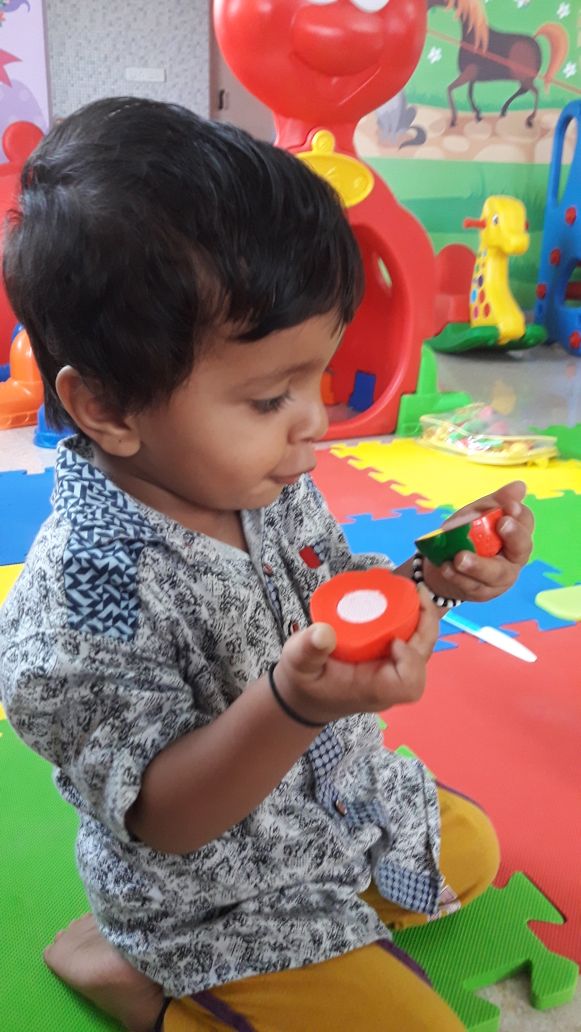
DAY CARE ( Full / Half Day and Hourly Daycare ):
The Learning Curve is a home away from home.
Little Duckling cares for health and cleanliness of children. Our aim is to provide special attention to each and every kid and to show mother's love and care by making them comfortable when they are away from their Dear Parents.
We provide a safe secure and learning environment for children to learn play and grow. A structured daily schedule is followed with planning for Nutritious meals and adequate rest periods. Good Health hygiene is ensured with age appropriate facilities like play material, nurse on campus and child friendly washrooms. Our trained and passionate teachers look after the children’s comfort at all times. Children learn through engaging activities involving outdoor play, indoor games, music, art and storytelling.
The program schedule can include preschool in the morning/mid-morning and activities like art& craft, music and movement, physical experiences in the afternoon/evening program.
The children have child safe cots which can be easily cleaned and stored hygienically.
The full day care program has been designed to provide a facility for parents who like to see their child be comfortable and safe, while they are at their workplaces.
We strive to ensure that we give a safe, healthy and nurturing space for children to learn and grow.
The Importance of the Montessori Method of Education
As a responsible parent you would definitely wish to give your child the best education possible. You should be aware that between the age of two and six years the child grasps the maximum amount of information from his surroundings. The child's mind is like a sponge. He absorbs all that he perceives around him. This period is therefore very crucial in a child's life. In fact, this period can be concluded as the formative years of a child. A carefully-planned environment run by properly-trained adults should be a feature of any school, house of children, or play home which promises to aid the development of the child's personality and intellect in this critical phase of his life. The Montessori System of Education is the most scientific, comprehensive, effective and humane system of early education.
A Montessori House of Children is a place where children are guided in their activities by Montessori-trained Adults. Montessori-trained adults are individuals who are trained in the Montessori methodology. The Montessori-trained adult plays a very critical role in the development of the Child's personality and intellect. Instilling self-confidence and thereby building the child's self-esteem will be one of the main tasks of the Montessori-trained adult in a Montessori environment. In fact, the Montessori Method is the only education method which addresses the issue of building self-confidence and self-esteem in a child. It has repeatedly been proved in studies that self-confidence should be instilled in a child early in life.
Statistics and studies have established beyond doubt that individuals who began their learning years in a Montessori environment have fared much better in lives than children who underwent conventional education in their early years. In fact this is one major reason for the ever-growing popularity of the Montessori Methodology.
Montessori Education
Introduction to Montessori Education
The Montessori Method takes a child-centred approach to learning that is focused on self-directed activity and hands-on learning. The Method is scientifically based on the key developmental stages children move through from birth to adulthood. It is designed to support and nurture children’s needs and interests by providing them with learning experiences suited to their stage of development. As Doctor Maria Montessori states: “Education is a natural process carried out by the child, and is not acquired by listening to words, but by experiences in the environment.”
Montessori Classrooms
Montessori classrooms are beautifully crafted environments that are designed to meet the needs of children in a specific age range. The role of the Montessori teacher within this environment is to observe and guide each student on their unique development journey. The focus is on children learning and leading, not on teachers teaching. In addition, the Montessori teacher presents the Montessori activities to the children. As a result, children learn by watching the presentations, and then completing the activities on their own.
In the Montessori classroom, children make independent choices, enjoy freedom of movement, and are guided towards a love of learning. Children work individually, or in small groups, using self-correcting educational materials. Most unique about these materials is that each has been specifically designed to isolate one skill or concept. In effect, this self-correcting quality allows children to discover the outcome of the materials independently, and at their own pace.
Montessori Curriculum
Montessori Early Learning: Preparation for School and Life
The Montessori Method of education is based on Doctor Maria Montessori’s (1870-1952) scientific observations about how children learn as they progress from birth to adulthood. Montessori’s research into child development, and subsequent findings about how to create the optimal learning environment, came to form the foundations of the ‘Montessori Method’. Essential to the Montessori Method, is the Montessori Curriculum, which is a child-centred learning framework that incorporates holistic learning outcomes tailored to each individual child’s developmental needs and interests.
The Montessori Curriculum covers five key learning areas, including: Practical Life, Sensorial, Mathematics, Language and Culture. In addition to these key learning areas, Montessori Academy also cover the Australian Government’s Early Years Learning Framework, Health and Wellbeing, Science, Geography, School Readiness, and the Arts. In this way, Montessori Academy delivers a holistic education program that is tailored to the unique developmental needs and interests of each individual child.
Practical Life
Practical Life activities help children learn how to care for themselves and their environment. These activities help the child to become more independent, leading to greater self-confidence, and the ability to face new challenges. Practical Life exercises include lessons in grace and courtesy, care for self, and care for the environment. The purpose of these activities is to enhance co-ordination, concentration, independence, and indirectly prepare children for writing and reading. Activities often include cleaning, food preparation, polishing and watering plants.
Sensorial
Sensorial materials were designed by Doctor Maria Montessori to help children express and classify their sensory experiences. The purpose of sensorial activities is to aid in the development of the intellectual senses of the child, which develops the ability to observe and compare with precision. There are sensorial materials that focus on visual perception, tactile impressions, auditory sense, and olfactory and taste perceptions. Activities often include matching and grading materials that isolate the sense of sight, sound, touch, taste and smell.
Mathematics
Mathematical concepts are introduced to the child using concrete sensorial materials. Initial explorations with sensorial materials encourage children to understand basic maths concepts such as learning number recognition, counting and sequencing of numbers. Sensorial work prepares the child for a more formal introduction to mathematics, and the introduction of abstract mathematical concepts such as the decimal system and mathematical operations.
Language
Language materials are designed to enhance vocabulary and explore both written and spoken language. Through language-based activities, such as the sandpaper letters and the moveable alphabet, children learn phonetic sounds and how to compose words phonetically. They progress using concrete materials to compose their own written work, read the work of others, and learn to communicate their unique thoughts and feelings.
Culture
Cultural activities lead the child to experience music, stories, artwork and items from the child’s community, society and cultural background. The areas of geography, science, zoology and botany are all included in this area. A range of globes, puzzle maps and folders containing pictures from different countries all help to give the child an insight into different cultures. The culture area encourages children to develop their capacity for creation, and develop fine motor skills. Whilst learning to freely express themselves. Through cultural activities, children develop an awareness and appreciation of the world around them.
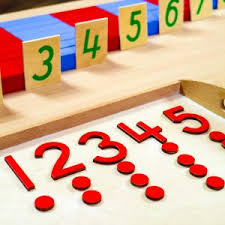
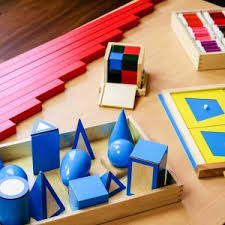
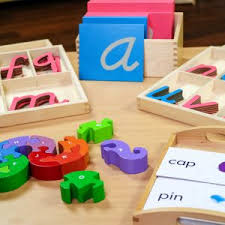
Montessori Education Program
The Montessori Education Program for infants, toddlers and preschoolers, is based on self-directed activity, hands-on learning, and collaborative play. In the Montessori classroom, children make creative choices in their learning, while the classroom and the teacher offer age-appropriate activities to guide their progress. Children work individually or in small groups to discover and explore key learning areas, develop their intelligence, and achieve their full potential. Each Montessori program builds on the one before it, providing challenges that are both appropriate to age and skill level. In this way, the infant, toddler and preschool program aim to prepare children, not just for school, but for life.
Montessori Program for Ages 0 – 2 Years
Doctor Maria Montessori stated that education should begin at birth. Montessori Academy’s Infant Program is designed to nurture the quickly developing Infant as they take their first steps towards independence. The focus of the Infant Education Program is to assist children in reaching their key development milestones by helping them to develop their psychomotor, fine motor, social and language skills. Our trained Montessori teachers aim to create family partnerships to nurture and support each child’s unique learning opportunities as they form their intelligence and personality. Materials used in the Infant Program have been carefully selected to fulfill the needs of the quickly changing infant.
Program Goals for Ages 0 – 2 Years
⦁ Provide a safe, engaging, and nurturing learning environment that promotes curiosity and discovery
⦁ Foster the development of language and social skills through language enrichment activities
⦁ Offer opportunities to gain independence in daily tasks
⦁ Provide opportunities for practical life activities and exercises in grace and courtesy
⦁ Introduce Montessori infant materials
⦁ Foster confidence in their emerging abilities
⦁ Develop hand-eye coordination, visual discrimination, fine and gross motor skills
⦁ Offer art and craft activities to encourage the development of creativity
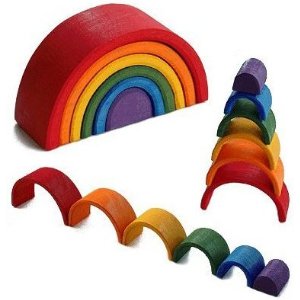
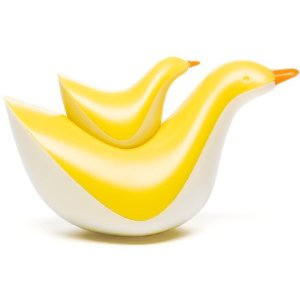

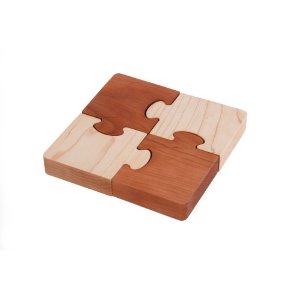
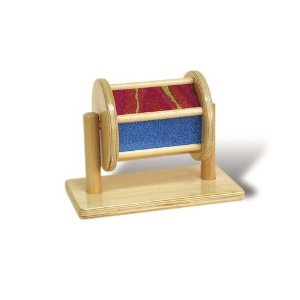
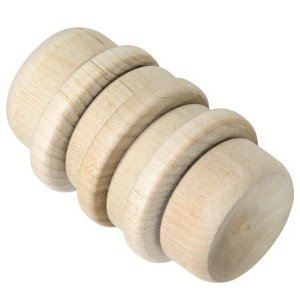
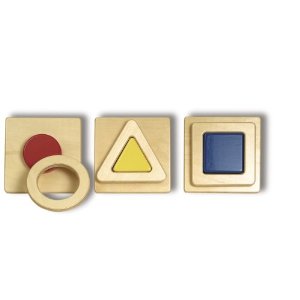
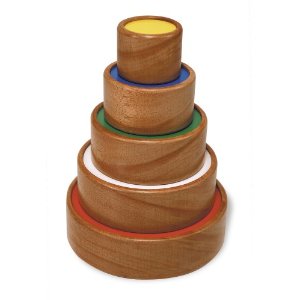
Montessori Program for Ages 2-3 Years
Montessori Academy’s Toddler Program is specifically designed to cater to the needs of young children by establishing a home like environment that encourages sensory based learning. The focus on the Toddler Education Program is to cultivate this age groups growing need for independence, order, sensory exploration, movement and language. Our program covers the five curriculum areas, with a strong focus on physical education, art, culture and community partnerships. As with any Montessori environment, the children’s activities are set out to entice the child to discover and explore. Toddlers work independently, or in small groups, and are introduced to each material at the appropriate time for their individual development.
Program Goals for Ages 2-3 Years
⦁ Provide a safe, engaging, and nurturing learning environment that promotes curiosity and discovery
⦁ Foster the growth of functional independence and autonomy
⦁ Introduce Montessori toddler materials
⦁ Develop children’s sense of confidence, self-identity, belonging and community
⦁ Promote respect for diversity and care for their environment
⦁ Refine gross motor coordination and fine motor skills
⦁ Encourage children to develop skills and processes such as critical thinking and experimentation
⦁ Foster the development of effective communication and social skills
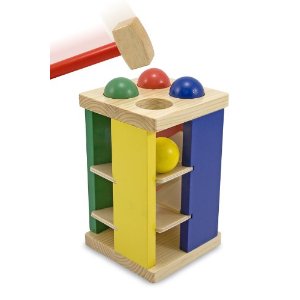
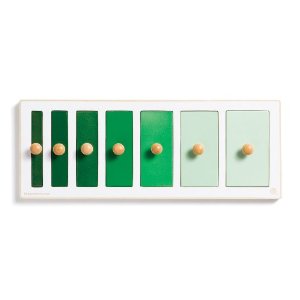
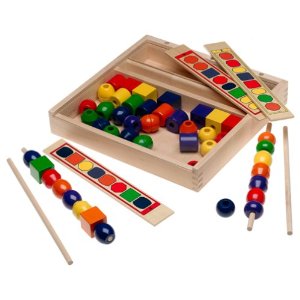
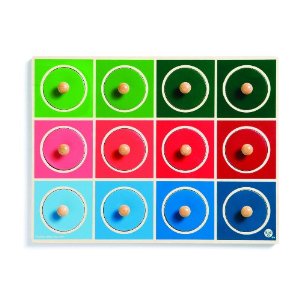
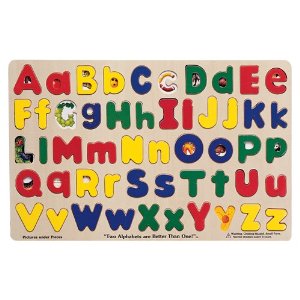
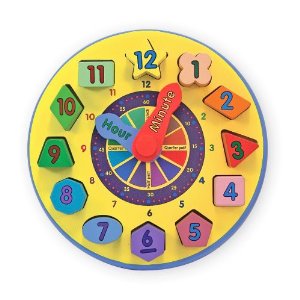
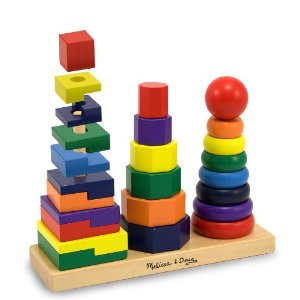
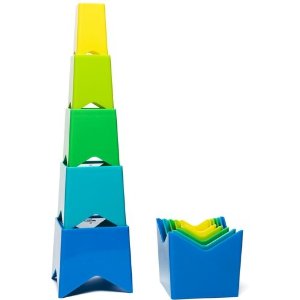
Montessori Program for Ages 3-6 Years
Children aged three to six are sensorial explorers that are constantly building their knowledge of the world by absorbing every aspect of their environment, language, and culture. Our Preschool Education Program caters to the specific needs of this age group by fulfilling their innate desire to learn through direct sensory experiences with self-teaching materials. Our Preschool Program covers the five key curriculum areas, with science, music, art and physical education playing an important part in daily activities. In this age group, children choose their own tasks and work independently at their own pace, under the gentle guidance of a trained teacher. The focus of the Preschool Program is to prepare children for school and help them to develop independence, a strong send of self, self-motivation, and a love of learning.
Program Goals for Ages 3-6 Years
⦁ Provide a safe, engaging and nurturing learning environment for preschoolers
⦁ Introduce Montessori preschool materials
⦁ Foster the growth of functional independence, concentration, and self-correction
⦁ Promote social development through respectful and clear communication
⦁ Refine sensory perception and the development of literacy and mathematical understanding
⦁ Foster the development of communication, creativity, collaboration and critical thinking skills
⦁ Deliver specialized Montessori Preparation for School Program
⦁ Offer opportunities for imaginative exploration, leading to confident, creative self-expression
⦁ Prepare children with the skills and experience they need to succeed at school and beyond
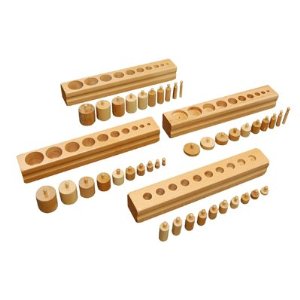
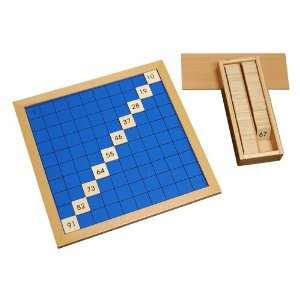
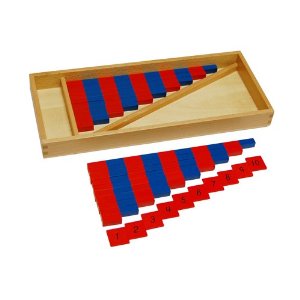
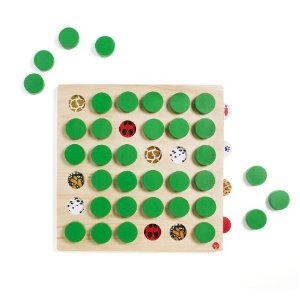
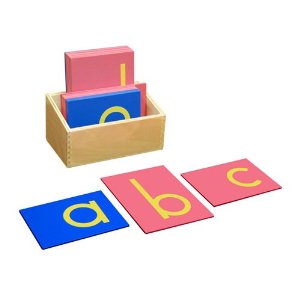
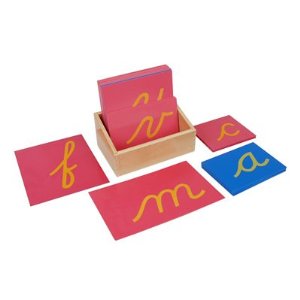
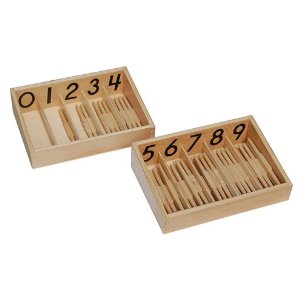
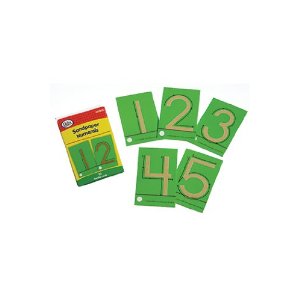
Montessori Materials
The Montessori materials are sensory based learning tools that are designed to provide children with opportunities to discover learning through independent learning, repetition, and practice.
The Montessori materials are beautiful and simple to use, guiding children through the Montessori curriculum, as they increase in complexity. Children are introduced to the Montessori materials by the Montessori educator, who will present the material to the child, and then invite the child to work with the material independently.
The Montessori materials are presented to the child in sequence, from easiest to hardest, in accordance with their developmental needs and interests, and within the context of the other materials that they will encounter as they progress through the Montessori Education Program.
This clear sequence provides children with a logical pathway to learning that promotes the gradual layering of knowledge to establish foundational learning. As Doctor Maria Montessori stated: “Practice makes permanent” and “Nothing goes into the mind that does not first go through the hands.”
Control of Error
Especially unique, is that each Montessori material is designed with a visual control of error. This means that the child can easily see and correct their own mistakes because the pieces do not fit together, or there is a piece left out. This self-correcting aspect also makes the materials auto-instructional. This means that the child can discover and master the outcomes of the material through repetition and practice, independent of an adult. As a result, Montessori students develop strong problem solving skills, resilience, and concentration.
Progression Order
Within the Montessori classroom, the Montessori materials are displayed within their specific Curriculum area, including: Practical Life, Sensorial, Mathematics, Language, and Culture. Each material is displayed in progression order, from easiest to hardest, and from left to right. This logical structure encourages children to organize their thinking, progress logically through the Montessori program, and absorb the outcome of the material at their own pace. The left to right orientation of the Montessori materials also assists children with preparation for reading and writing, and the way that the brain naturally processes information.
Fine Motor Skills
In addition to teaching children concrete knowledge areas and skills, Montessori materials are also beneficial for building fine-motor skills in children. Maria Montessori understood fine motor development to be a crucial aspect of children’s education because of its link to how children come to understand their world. Children first learn through their hands. Incorporating both gross and fine motor skills is crucial to a balanced approach to each childhood education that incorporates the social, physical, mental and emotional aspects of child development. Therefore, many Montessori materials encourage the development of these skills from a young age. By allowing children to experience learning through their senses, the Montessori materials teach children to become independent, self-motivated learners, with the skills to thrive.
What’s unique about Montessori learning materials?
⦁ Control of error
⦁ Purposeful activities using movement and exploration
⦁ Materials isolate one concept or skill
⦁ Aesthetic and engaging
⦁ Hands-on experiential learning
⦁ Simplify abstract concepts
⦁ Develop fine motor skills
Little Duckling Montessori Class Rooms:
